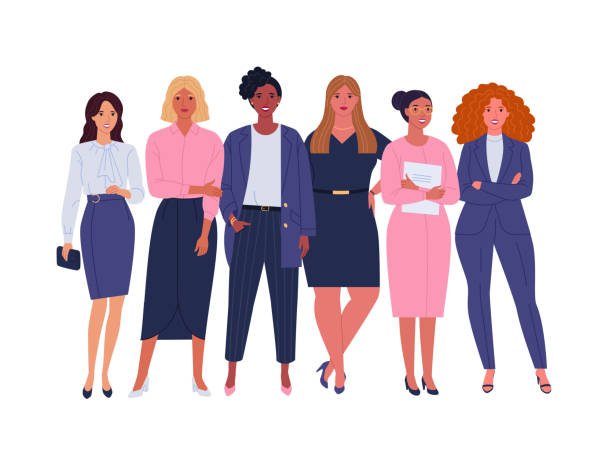The survey highlights the prevalence of socialized beliefs such as imposter syndrome that limit one’s leadership vision, with 50 percent of women leaders experiencing it.
A recent report by India Leaders for Social Sector (ILSS) reveals that a significant percentage of women professionals in the social sector miss out on leadership opportunities due to their own self-limiting biases. The report is based on a survey of women professionals in the social sector who have 8-15 years of experience, and it shows that more than 50 percent of the respondents feel slowed down by their own self-limiting biases.
The report points out that self-limiting biases often stem from social and cultural conditioning women experience, which can shape a sense of inferiority. These beliefs lead to “self-limiting” behavior, which can cause women to have stereotypes about their own abilities, talents, opportunities, and goals that could end up holding back their career growth.
The qualitative survey, which was conducted with a select group of women professionals in the social sector, is not based on a sample size.
Anu Prasad, Founder & CEO of ILSS, stressed the importance of building conducive pathways for more women professionals to reach leadership positions. “It is important to help them overcome their limitations and see them thrive in successful careers,” she said.
The survey highlights the prevalence of socialized beliefs such as imposter syndrome that limit one’s leadership vision, with 50 percent of women leaders experiencing it. This phenomenon results in a disproportionate lack of women leaders at levels of senior management, relative to the number of women in entry-to-mid level roles.
The ILSS report notes that respondents feel men have clearer access to cross-sectoral networks and mentorship opportunities with senior leaders. To address this issue, 84.7 percent of the respondents believe that building pathways to match emerging women leaders with senior women leaders may play a crucial role in supporting their leadership journeys.
Furthermore, nearly 73 percent of emerging women leaders in the social sector believe that continued mentorship and networking support would boost their leadership ambitions.
According to the report, there has been a constant imbalance in opportunities for women versus men. Multiple factors, such as family, societal perception, lack of opportunities, and exclusion, have often prevented many women from building senior leadership careers.
“The social impact space is based on ideas of equality, inclusion, and justice; therefore, the sector has a responsibility to adhere to those very values to support its people, and create supportive environments for women’s leadership journeys to thrive,” the report concludes.























